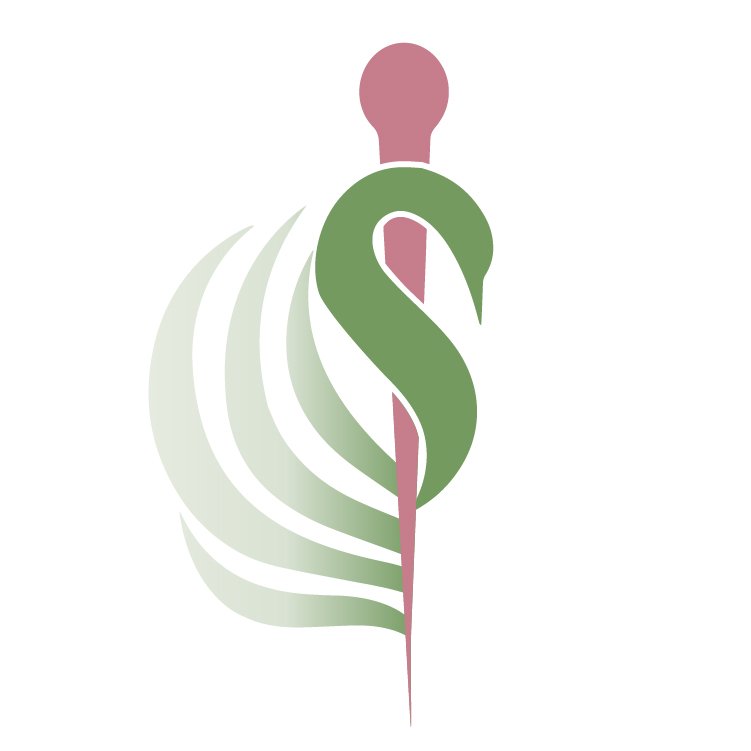FAQ
-
How does acupuncture work?
Endorphin Theory – refers to the increasing of neurotransmitters that respond to pain. This could more appropriately be called, neurotransmitter theory because with research showing acupuncture helps anxiety and depression, we know that dopamine, GABA, Serotonin, and Nor-Epinephrine must be affected, not just endorphins though they are notably as well.
The body has natural biochemical processes in coping with pain and stress, such as releasing appropriate neurotransmitters, acupuncture helps your body produce and regulate chemicals.
Relaxes the central nervous system: A common question is whether needles are inserted into nerves. Needling a nerve is contraindicated, but this common misconception comes from the fact that needles may be inserted near nerves and acupuncture definitely affects the central nervous system, calming the fight or flight system that is often activated unnecessarily in a fast paced and often anxious world
Inflammation Theory: Through a minor puncture the body is signaled to release the healing process, also known as the inflammatory cascade, this sends blood and oxygen to the area – and this explanation ties right into how Chinese doctors explain how it works.
-
How Many Treatments Does it Take?
It depends on what your goals are, one treatment may help create lasting change and will create noticeable pain relief in many cases, but usually coming regularly over the years as part of your healthcare routine. On average it takes 3-5 treatments to create a lasting change that can be managed by healthy lifestyle and coming for maintenance treatments (as needed)
-
Do the needles hurt?
The no pain, no gain theory doesn’t apply here. Acupuncture isn’t intended to cause pain and is often painless. The sensation that may be elicited is known as De Qi (Duh Chee) is described as a dull ache, like the ‘hurts so good’ feeling of a deep massage.

